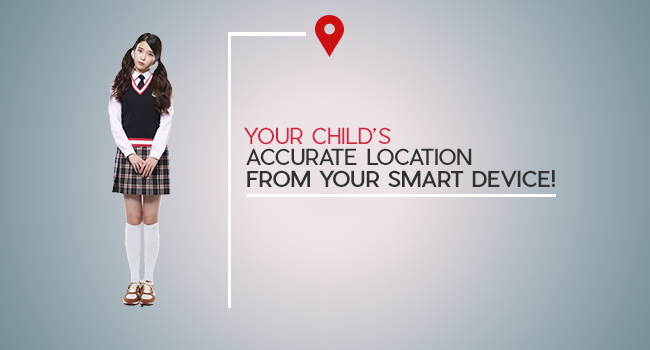While many parents may not have realized this, it is a true fact that a child’s school day starts with the ride on the bus.
However, very long bus rides for the children (say for two hours one way) are seen to detrimentally affect the child’s health and contribute to absent school days and even increase drop-out rates.
The effects are more intense for those children who require special education. Are these long bus rides not able to meet your child’s needs? Have you been mulling on the idea to fix these rides?
Currently, there are no definitions for lengths of the rides even for students with disabilities. If you want to fix the length of the bus ride for your child, you may have to explore and find out aspects with which you can establish that these rides are inappropriate. We give you a few tips that you can start exploring with and later build upon.
-
It is important to understand that according to the IEP document, transportation comes under the banner of related services.
Therefore, the first and foremost tip is that any concern in this direction should be approached in the same manner as you would do for other related services.
-
The next important thing to be done is to ask your child what he/she feels about the ride. Whereas some children find the ride cumbersome and exhausting, others seem to enjoy the bus ride.
It is good to get some clarity about the extent of the problem right here. Even if the child seems to be happy about the ride, it does not mean that you cannot strive to make it better.
-
IDEA does not define the ride length. Therefore, go through the state registers to find out whether the length of the school bus ride has been defined.
You may find this in some of the states and would not find this in others. It is a good idea to go through the transportation policy of the school district.
- For a large majority of children, riding the bus for long hours can cause severe anxiety. In school-going children, sitting for long hours is difficult. This is a valid point that can be brought up.
- It pays for you to know that if the transportation has been provided by the school, it is essentially a part of education that is covered by the IEP. All the queries and concerns can then be addressed to the school.
- As transportation is a related service according to IEP, if you feel the bus driver needs to be trained, that can be put in the IEP.
- The bus ride is largely chaotic and most of the times, the rides are not supervised to the extent they should be. If your child faces problems such as bullying because of little or no supervision, you can state that as a concern.
- In case any change seems impossible, what about the following solutions:
• Can the child be allowed to eat (whenever the child feels like) on the bus?
• Would there be a Wi-Fi hotspot so that the child can do their homework on the bus?
• Can tutoring take place inside the bus?
- Make a list of the point which you are not willing to negotiate with: bullying by kids, medications on time, hunger pangs, Type I diabetes, epileptic seizures, etc. These would make your case stronger against long bus rides.
- Document all your findings. Add bus incidents to make your point.
-
Just as how adults do not perform well at work after a bad commute, much the same happens with the children after a long bus ride.
You can make a point when you prove that every day the child is recuperating after an hour’s drive to school and recuperating at home after the one-hour ride back.
- Even a roadblock in the IEP process means there is a solution to the problem and you can come around it if you make an effort.
- It is a good idea to motivate other community members to take the bus when possible instead of driving their children to school.
- In the case where the district administration does not provide transportation for any child, then you will have to argue the case based on the fact that this is a related service that would help your child to access the provisions of Free and Appropriate Public Education (FAPE).
-
An argument can be made with the fact that LRE (Least Restrictive Environment) does not imply only the classroom placement but also the long bus ride.
IDEA states that children that receive special education should do their learning in the least restrictive environment.
Conclusion
If your child spends too long on the school bus on a daily basis, then it is upon out to bring it to the IEP team’s attention without any delay.
It will also do well for you to contact an attorney that specializes in special education who can help to examine your case and determine whether your child is being denied FAPE.















